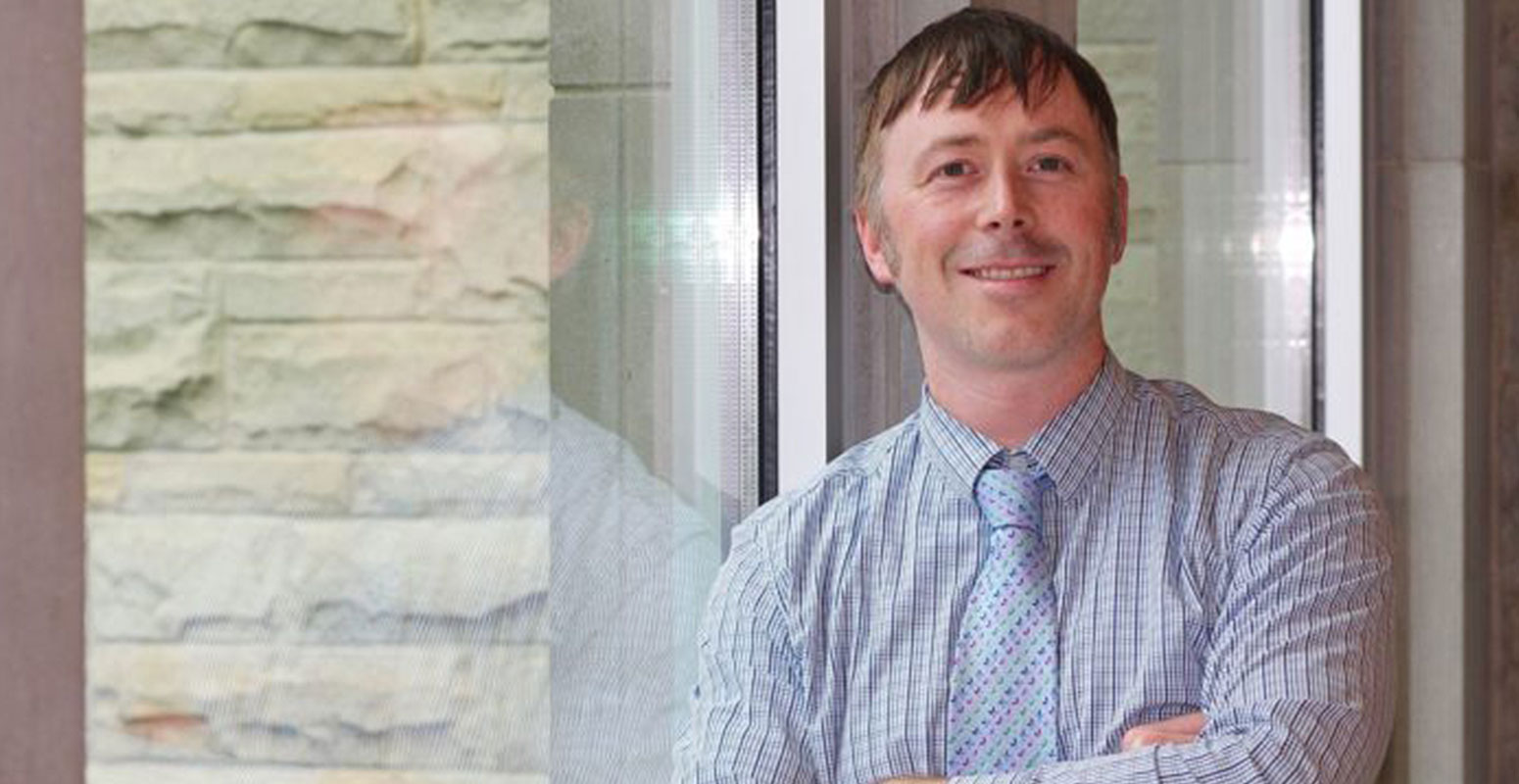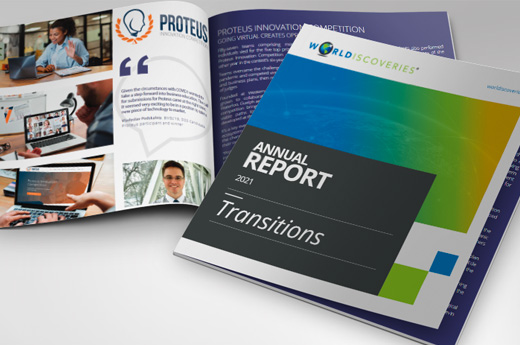A racquetball. A condom. A plastic cup. To Dr. Nicholas Power, these random objects may help urostomy patients find a better quality of life. And now, thanks to a new Western innovation fellowship program, his idea may soon be reality.
“There will always something,” Power said of the complications faced by these patients, citing a study that stated 100 per cent of urostomy patients faced discomfort, stress and inconvenience within the first three months after surgery. “It will leak; you’ll need a different bag or a different connection. All the cost is to the patient and the taxpayers. You are using so many supplies and returning to the hospital too often.”
A urostomy is a surgical procedure that creates a stoma (artificial opening) for urine to pass in cases where drainage through the bladder and urethra is not possible. Either a section at the end of the small bowel, or at the beginning of the large intestine, is removed and relocated as a passageway for urine to pass from the kidneys outside the body to a urostomy bag.
Patients who use the current collection system often encounter problems after surgery, Power explained. Many times, even after the surgery has healed, patients are left with a collection system that does not fit properly, leaks, is difficult to use and causes skin irritation.
“The technology is such that it hasn’t changed in 40 years,” said Power, a professor of Surgery and Oncology at the Schulich School of Medicine & Dentistry. This current method leads to additional hospital visits to treat infections and others complications.
“After a cancer diagnosis, for instance, a patient survives that battle but then they struggle with getting a urostomy bag to fit properly. There’s a stigma attached to it – the fear of it leaking,” Power said. “Patients usually using it are older with not great eyesight or dexterity. To actually do this themselves is tough. You lose your independence.”
With permission of a patient of his, Power gathered some medical supplies and fashioned a crude workup of his own. His idea consisted of a new and improved economical port, bag and belt system. It worked for almost two days, whereas nothing before had lasted for more than five minutes for the patient.
“Everything out there was a minor modification on the same theme. What we really needed, in her case, was a complete re-do of how we would imagine this working.”
Pushing the idea forward was difficult as Power’s surgical responsibilities took priority. However, with the launch of the Western Medical Innovation Fellowship last year, Power had his opportunity. The fellowship immerses young scientists, engineers and clinicians in a training and research environment driving the development of novel medical technologies.
With the help of Medical Innovation Fellows Asha Parekh, Ali Tavallaei and John Matheson, Power is now moving forward with his idea.
Recently, the team received the inaugural Ernsting Entrepreneurship Award, along with $50,000 in funding, from the Fight Against Cancer Innovation Trust (FACIT) Catalyst Fund for a system Power is calling ‘MY-osto-ME.’ FACIT supports early stage projects to help determine commercial viability of cancer-related innovations by Ontario researchers.
The money from FACIT will allow Power to work with an Ottawa-based medical device company to create a more sophisticated prototype – beyond the racquetball, condom and plastic cup – he will test on cadavers.
“If this works the way we think it can, it would be a huge difference,” Power said
“The Innovations Fellowship program was perfect timing. The group was unique, had different personalities, but worked well together,” said Power, adding his thanks to WORLDiscoveries, a partnership between Western, Robarts Research Institute and Lawson Health Research Institute. “We’re halfway to our goal and we’ve reached the point of no return. This funding will allow us to find out if it floats or sinks.”
Source: Western News


